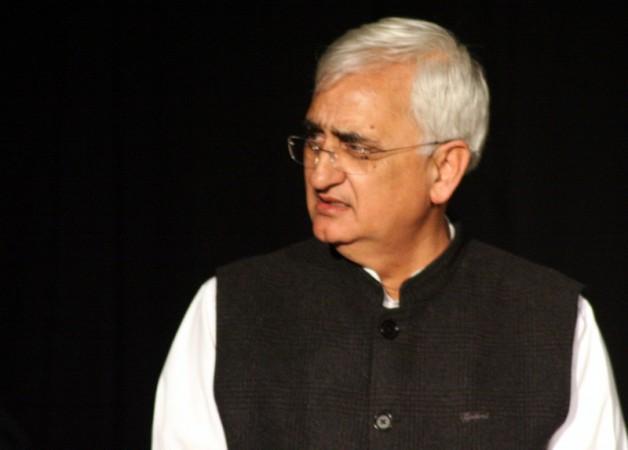
India has neighbourhood problem. More than that India's diplomacy has no teeth to address these issues mainly because the Ministry of Foreign Affairs was always hostage to a weak and chosen leadership that lacked the natural instincts of Kautilya's Artha Shastra.
In fact, our bigger neighbour China is a showcase of our weakness in diplomacy. Ever since 1959 when the Tibetan Religious leader Dalai Lama crossed the mountains and sought refuge in Dharmashala, India's relations with China were on a rollercoaster and the 1962 war was a decisive factor that can never revert an unequal relationship set between the two giants. Neither India's first Prime Minister Jawaharlal Nehru's rhetoric of "Hindi-Chini Bhai Bhai", nor the spirit of Non-Aligned Movement (NAM) could bring the ties on par.
With Nehru gone and Pakistan taught a lesson in the mid-1960s, India's next powerful Prime Minister Indira Gandhi sought the help of Communists in the 1970s to cover up her government's emergency atrocities and virtually bought the silence of the red brigade both inside and outside the country with an explicit "engagement" diplomacy. The buffer it provided had eclipsed the reality for long as no Chinese incursions were reported in the media. Neither Aksai Chin nor Arunachal could trigger a defining moment in India's reaction.
So is the current case of Chinese incursion into Ladakh, which involves occupying a strategic stretch about 17 kilometres inside India. New Delhi may brush it aside as too small to bother, the way Nehru said in parliament in 1962. But it will become another Aksai Chin to tolerate. Essentially, the so-called engagement diplomacy has repeatedly failed to address the core border problem.
Eminent diplomats have retired both from their careers and from the negotiations, but surprisingly no solution to demarcate the borders came through.
And it will not, going by China's diplomatic tradition. To Beijing, it is not a permanent solution but a pertinent problem that keeps two giants sit across the table for long. It is precisely this calculation that keeps Beijing make noise before every Indian dignitary's visit. Since Indian foreign affairs minister Salman Khurshid is slated to visit China in May, Chinese troops barge into Ladakh a month before, in an effort to set the agenda for talks unilaterally.
Hence, Khurshid should either broaden his agenda or else India cannot wriggle out of the dragon's hold. Here are some more issues:
China's unhindered supply of telecom tech products decides the price structure of Indian telecom majors ranging from BSNL, Airtel to Reliance. If the Chinese supplier Huawei decides to exit the Indian market, its replacement with European players may double the cost. So is the case with many manufactured goods and machinery that India imports from China.
All South Asian neighbours of China like Nepal, Bhutan, Bangladesh and India depend on the Ganges for water or other rivers with their glaciers located in China. If China decides to shut that faucet, there will be no water. If China decides to open the faucet fully, then there will be floods. Are we prepared to chalk out our future on this issue?
To our solace, China is facing border problems with every neighbour but the age-old move to entrap China by these nations proved futile as many of them or almost all of them are dependent on cheaper Chinese goods and services. The economic inter-dependency model enunciated by Japan in the 1990s saw huge investments pouring into Shanghai but it could not help Tokyo wield a decisive hammer and curb aggressive Chinese overtures in diplomacy. Nor can any other nation in the Southeast Asian region afford to do so.
This is precisely what forces India to continue dealing with China's incursions with more tolerance and leverage on economic ties, instead. A cautious beginning can only be made when all Indians, not the government, realise the need to desist from buying China-made goods. It may not be total but will certainly send a message across the Himalayas.











!['He is done with the team now' : Angry Virat Kohli slams the bat, kicks the ground, yells at RCB team as SRH smashes runs [reactions]](https://data1.ibtimes.co.in/en/full/796956/he-done-team-now-angry-virat-kohli-slams-bat-kicks-ground-yells-rcb-team-srh-smashes.jpg?w=220&h=138)





